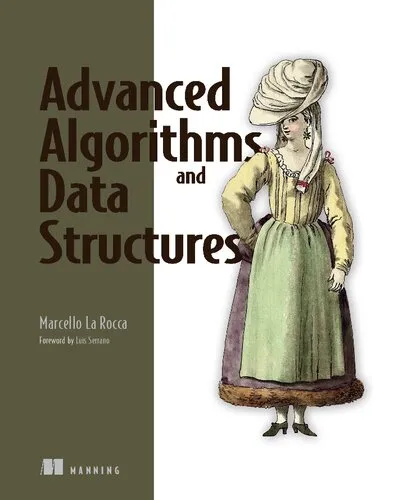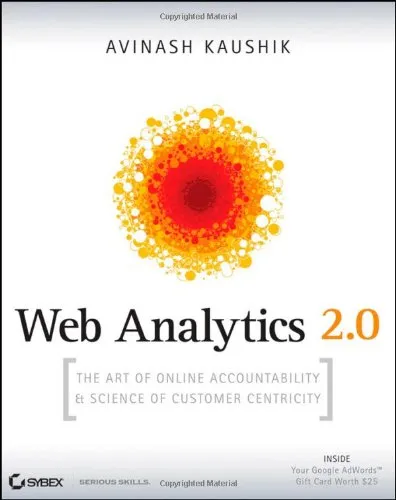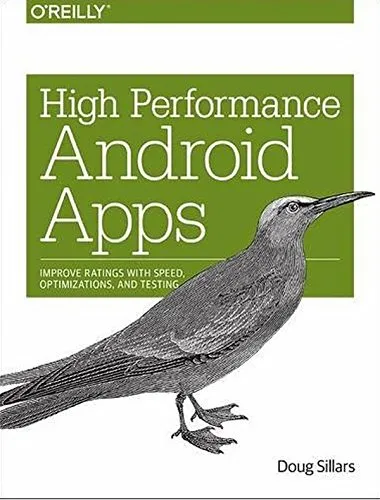Appropriate Dose Selection - How to Optimize Clinical Drug Development (Ernst Schering Foundation Symposium Proceedings 59)
3.8
Reviews from our users

You Can Ask your questions from this book's AI after Login
Each download or ask from book AI costs 2 points. To earn more free points, please visit the Points Guide Page and complete some valuable actions.Related Refrences:
Introduction to "Appropriate Dose Selection - How to Optimize Clinical Drug Development"
The process of drug development is a complex and multifaceted journey, and one of the most critical aspects of this process is identifying the appropriate dose of a new therapeutic agent. This book, "Appropriate Dose Selection - How to Optimize Clinical Drug Development", serves as a comprehensive guide for professionals in the pharmaceutical and clinical research industries, aiming to bridge the gap between scientific theory and practical implementation of optimal dose selection strategies.
As part of the esteemed Ernst Schering Foundation Symposium Proceedings series, the book delves into both the theoretical and applied aspects of dose selection, offering detailed insights into the methodologies, challenges, and advancements that shape clinical drug development. The authors—leaders in the field—have compiled a wealth of knowledge, gained from their extensive research and experience, into a singular resource aimed at accelerating innovation in healthcare. Recognizing the critical importance of dose optimization, this book addresses the technical, regulatory, and ethical imperatives that drive its necessity while providing practical guidance to ensure patient safety and therapeutic efficacy.
Whether you are a pharmacologist, clinician, regulatory scientist, or academic researcher, this book equips you with foundational knowledge as well as advanced tools for optimizing dose selection during every phase of the clinical drug development process. Below, we will explore the detailed summary, key takeaways, notable quotes, and the broader significance of this essential volume.
Detailed Summary of the Book
The book is structured to systematically guide the reader through the critical concepts and frameworks necessary for effective dose selection. It begins by outlining foundational principles in pharmacology and pharmacokinetics, emphasizing the dose-response relationship and the critical importance of determining the therapeutic index. From there, the discussion expands into key frameworks and tools required for evaluating both preclinical and clinical data to inform dosing decisions.
A significant part of the book is devoted to exploring modern approaches to dose selection, such as modeling and simulation techniques, adaptive trial designs, and advanced statistical methodologies. These cutting-edge strategies are presented as indispensable for optimizing drug development timelines and reducing attrition rates without compromising efficacy or safety. Importantly, the book also highlights the expanding role of biomarkers and pharmacogenomics in personalized dosing strategies, with real-world examples and case studies to illustrate key concepts.
In addition to scientific aspects, the book addresses regulatory considerations, ethical challenges, and the implications of dose selection on healthcare costs. The authors invite readers to critically reflect on the responsibility of researchers to protect patient well-being while maximizing the potential of new therapeutics during developmental stages. The extensive use of real-world examples, research-based evidence, and interdisciplinary insights ensures that the book is relevant and practical for a wide audience.
Key Takeaways
- The dose-response curve is at the heart of understanding therapeutic efficacy and patient safety.
- Incorporating modeling, simulation, and adaptive designs can significantly optimize clinical trials.
- Patient-specific factors, such as genetics and biomarkers, are critical for personalized medicine and dose selection.
- Ethical and regulatory implications must align with scientific rigor to ensure global approval and patient trust.
- Collaboration across disciplines—including pharmacology, clinical science, and data analytics—is vital for success in dose optimization.
Famous Quotes from the Book
"The art of dose selection is as much about minimizing harm as it is about maximizing benefit—it is where science meets compassion."
"In drug development, the difference between a therapeutic triumph and a disastrous failure often lies in the precision of the dose."
"Personalized medicine must start with personalized dosing—genes, biomarkers, and patient diversity cannot be ignored."
Why This Book Matters
Optimizing dose selection has never been more critical to the field of drug development than it is today. With the advent of personalized medicine, increasingly stringent regulatory requirements, and growing public scrutiny over drug safety, the stakes for identifying the right dose are higher than ever. This book provides a timely and indispensable resource to navigate these challenges, ensuring safer, faster, and more cost-effective drug development.
The integration of modern scientific tools, such as pharmacogenomics, machine learning, and computer modeling, with foundational pharmacokinetic principles makes this work uniquely valuable to current and future professionals in the pharmaceuticals industry. Its wide-reaching implications—including shorter development timelines, better patient outcomes, and enhanced regulatory compliance—underscore why "Appropriate Dose Selection - How to Optimize Clinical Drug Development" merits a place on every pharmacologist's bookshelf.
Free Direct Download
You Can Download this book after Login
Accessing books through legal platforms and public libraries not only supports the rights of authors and publishers but also contributes to the sustainability of reading culture. Before downloading, please take a moment to consider these options.
Find this book on other platforms:
WorldCat helps you find books in libraries worldwide.
See ratings, reviews, and discussions on Goodreads.
Find and buy rare or used books on AbeBooks.
1317
بازدید3.8
امتیاز0
نظر98%
رضایتReviews:
3.8
Based on 0 users review
Questions & Answers
Ask questions about this book or help others by answering
No questions yet. Be the first to ask!
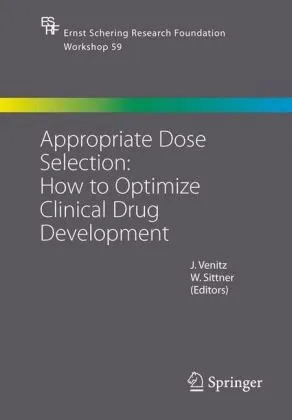

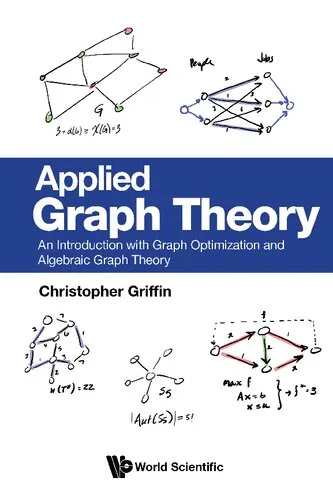

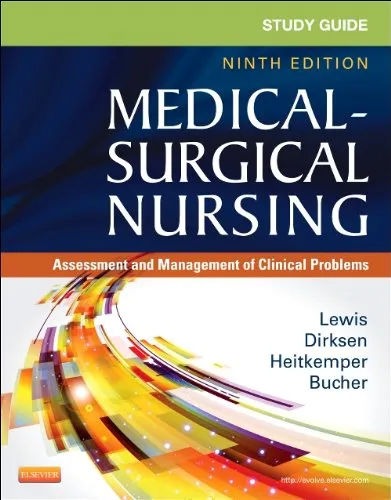




![Fundamentals Of Software Engineering, 5Th Ed [Paperback] Mall](https://s3.refhub.ir/images/thumb/Fundamentals_Of_Software_Engineering__5Th_Ed__31573.webp)
